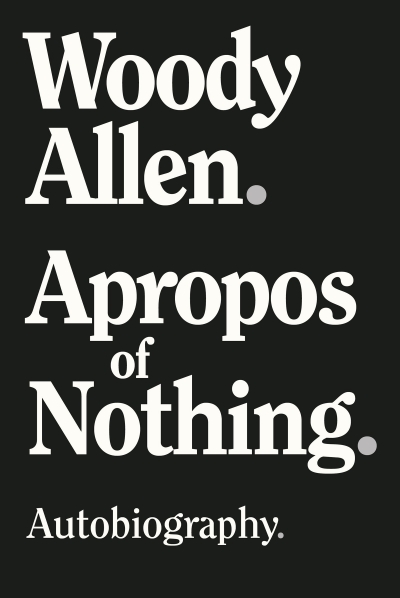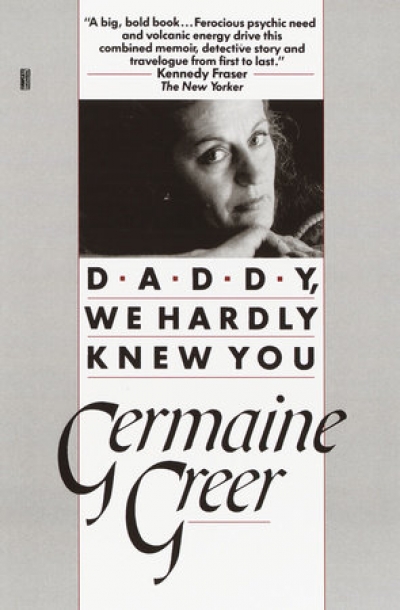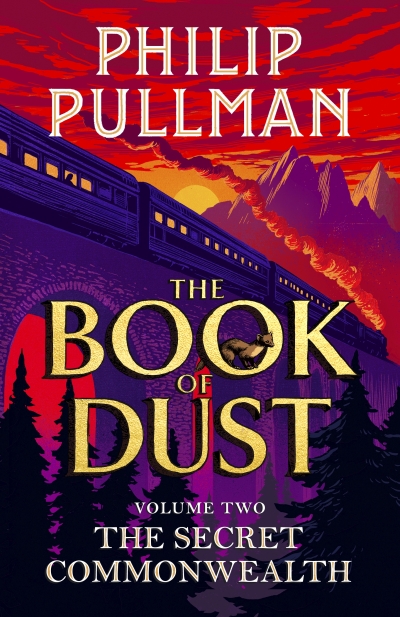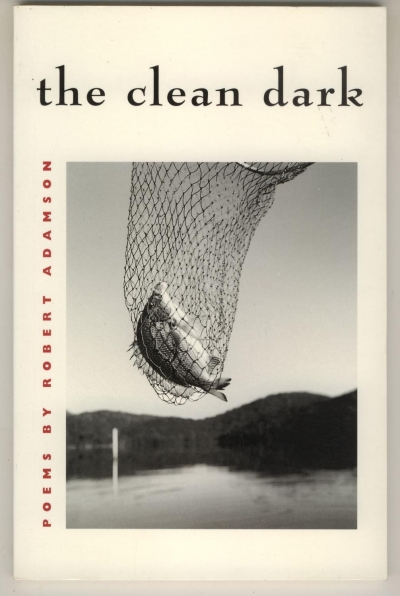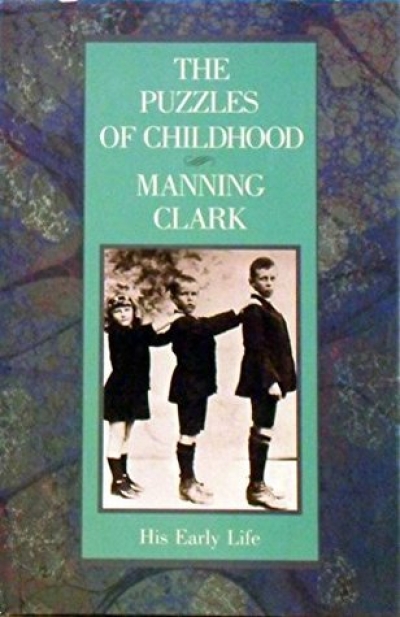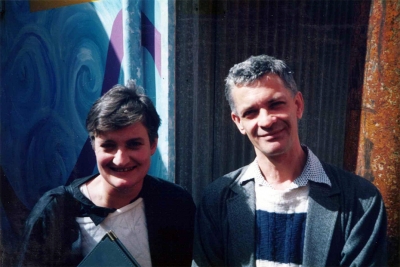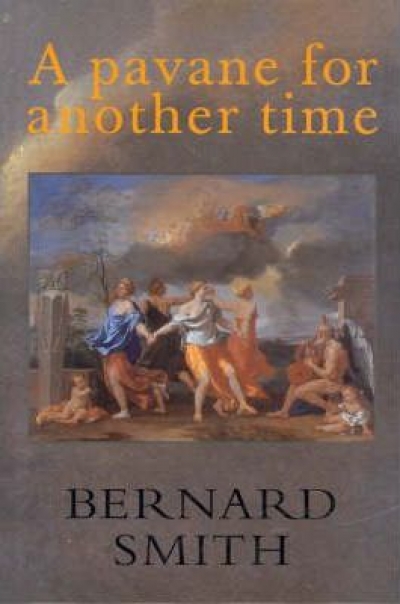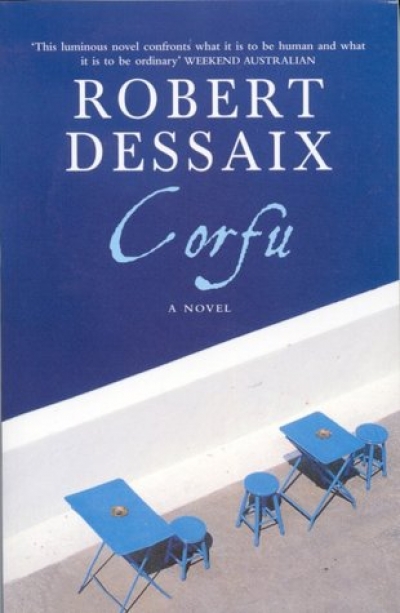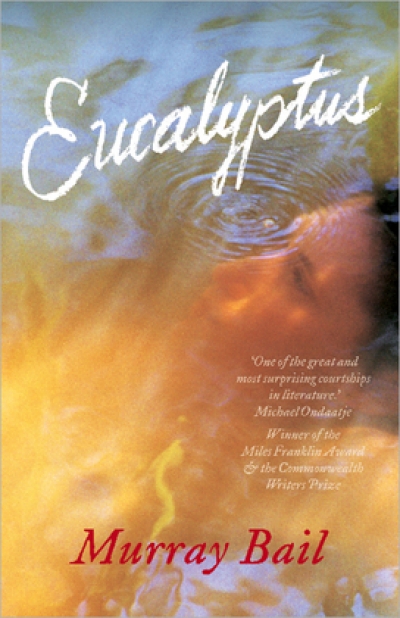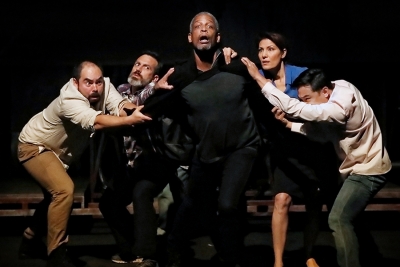Peter Craven

Peter Craven is one of Australia's best-known literary and culture critics. He writes regularly for both the Fairfax and Murdoch press about literature, film, television, and theatre.
There are few people on earth I would rather read than Germaine Greer, mad or sane. Whatever reservations I might want to express about Daddy We Hardly Knew You, it is some testament to its compelling power that I read most of it strung-out with fatigue from checking proofs some time towards dawn and I still found it difficult to stop reading.
Oscar Wilde cannot have been the first human being to ... (read more)
Philip Pullman must be one of the weirdest figures to emerge from the sometimes dark woods of children’s writing. Not the least striking thing about him is that the woods can be very dark, Dante-dark, indeed. At the same time, he does not have the ballast of those two mutually despising inklings to whom he is routinely compared, C.S. Lewis and J.R.R. Tolkien, in having the deeper comforts of any ... (read more)
Robert Adamson has as secure a reputation as any poet in this country apart from Les Murray. He rose to prominence in the latter part of the 1960s at the same time as John Tranter, but his affinity was not with the New York poets like John Ashbery and Frank O’Hara, but with the poets of Black Mountain: Charles Olson, Gary Snyder, and, most particularly, with the late Robert Duncan.
Adamson took ... (read more)
Manning Clark will be remembered as a historian long after the last jot and tittle of the facts he amassed have been disputed and every revisionism has had its day, proving for those with the needful faith that he made it all up, that he was a waffler, that the diorama he presented as the history of Australia was nothing but an allegory of the inside of his head, and that it was all vanity and a s ... (read more)
Helen Daniel, the editor of Australian Book Review since 1995, died suddenly on Monday, 16 October 2000. Her death has sent waves of shock and sorrow throughout the Australian literary world. According to Andrew Riemer, at the Writers’ Week in Brisbane, held on the weekend after Helen’s death, session after session paid homage to this woman who, without vanity or arrogation, had made her name ... (read more)
It’s a Proustian title, or at any rate a Powellian one, that Bernard Smith has produced for this memoir of his life in the long-ago 1940s, and, yes, there on the cover is Anthony Powell’s hero, Poussin. That’s doubly appropriate because one of the more vivid figures (though also one of the more saturnine ones) in this remembrance of things past is Anthony Blunt, great scholar of Poussin’s ... (read more)
In the last however many years, we have seen the rise of a kind of faction in this country which has enabled people like Drusilla Modjeska and Brian Matthews to show what scintillation and what fireworks may follow when the life of the mind (with whatever attendant discursive zigzagging) allows itself to imagine a world as well as to analyse one. It’s not too hard to say that the peculiar energy ... (read more)
Murray Bail has passed muster as an important Australian novelist for quite a while now. His 1980 novel Homesickness, with its sustained parodic conceit of Australian tourists forever entering the prefab theme park, rather than its ‘real’ original, was an early national venture into what might have been postmodernism. Holden's Performance, a good time later, was as unyielding in its come ... (read more)
Julius Caesar, first performed in 1599, dates from the period when Shakespeare was leading up to Hamlet, and its central figure Brutus, the conscientious assassin, is a bit of a rough draft for the introspective side of the Prince of Denmark, whereas Richard II, four years earlier, had been for his actorishness. The play is often first encountered in middle high school. It is one of Shakespeare’ ... (read more)

